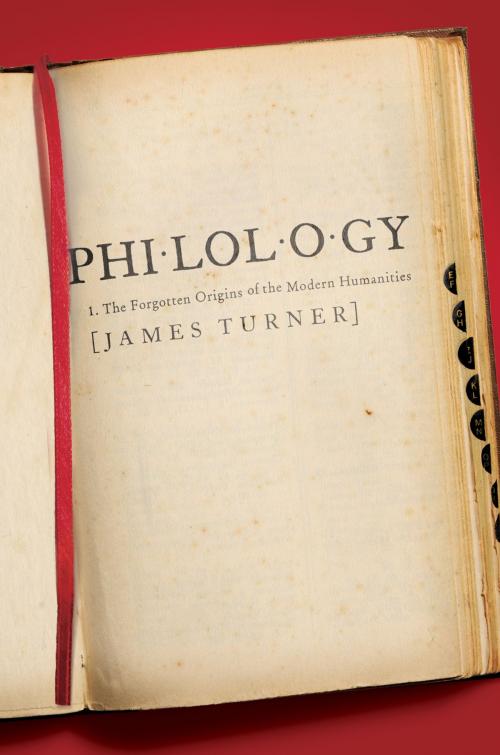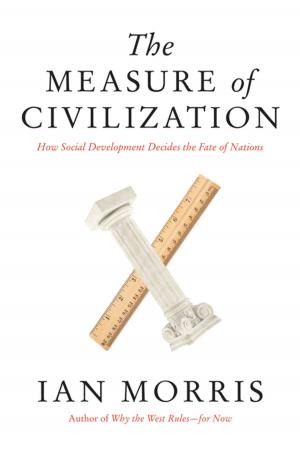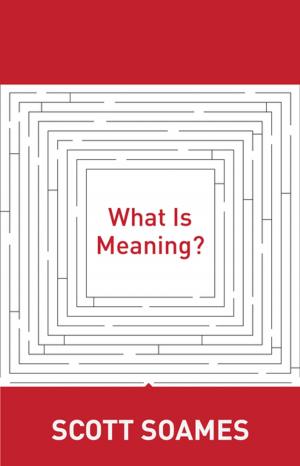Philology
The Forgotten Origins of the Modern Humanities
Nonfiction, Religion & Spirituality, Philosophy, Humanism, Reference & Language, Education & Teaching, History| Author: | James Turner | ISBN: | 9781400850150 |
| Publisher: | Princeton University Press | Publication: | May 4, 2014 |
| Imprint: | Princeton University Press | Language: | English |
| Author: | James Turner |
| ISBN: | 9781400850150 |
| Publisher: | Princeton University Press |
| Publication: | May 4, 2014 |
| Imprint: | Princeton University Press |
| Language: | English |
Many today do not recognize the word, but "philology" was for centuries nearly synonymous with humanistic intellectual life, encompassing not only the study of Greek and Roman literature and the Bible but also all other studies of language and literature, as well as history, culture, art, and more. In short, philology was the queen of the human sciences. How did it become little more than an archaic word?
In Philology, the first history of Western humanistic learning as a connected whole ever published in English, James Turner tells the fascinating, forgotten story of how the study of languages and texts led to the modern humanities and the modern university. The humanities today face a crisis of relevance, if not of meaning and purpose. Understanding their common origins—and what they still share—has never been more urgent.
Many today do not recognize the word, but "philology" was for centuries nearly synonymous with humanistic intellectual life, encompassing not only the study of Greek and Roman literature and the Bible but also all other studies of language and literature, as well as history, culture, art, and more. In short, philology was the queen of the human sciences. How did it become little more than an archaic word?
In Philology, the first history of Western humanistic learning as a connected whole ever published in English, James Turner tells the fascinating, forgotten story of how the study of languages and texts led to the modern humanities and the modern university. The humanities today face a crisis of relevance, if not of meaning and purpose. Understanding their common origins—and what they still share—has never been more urgent.















